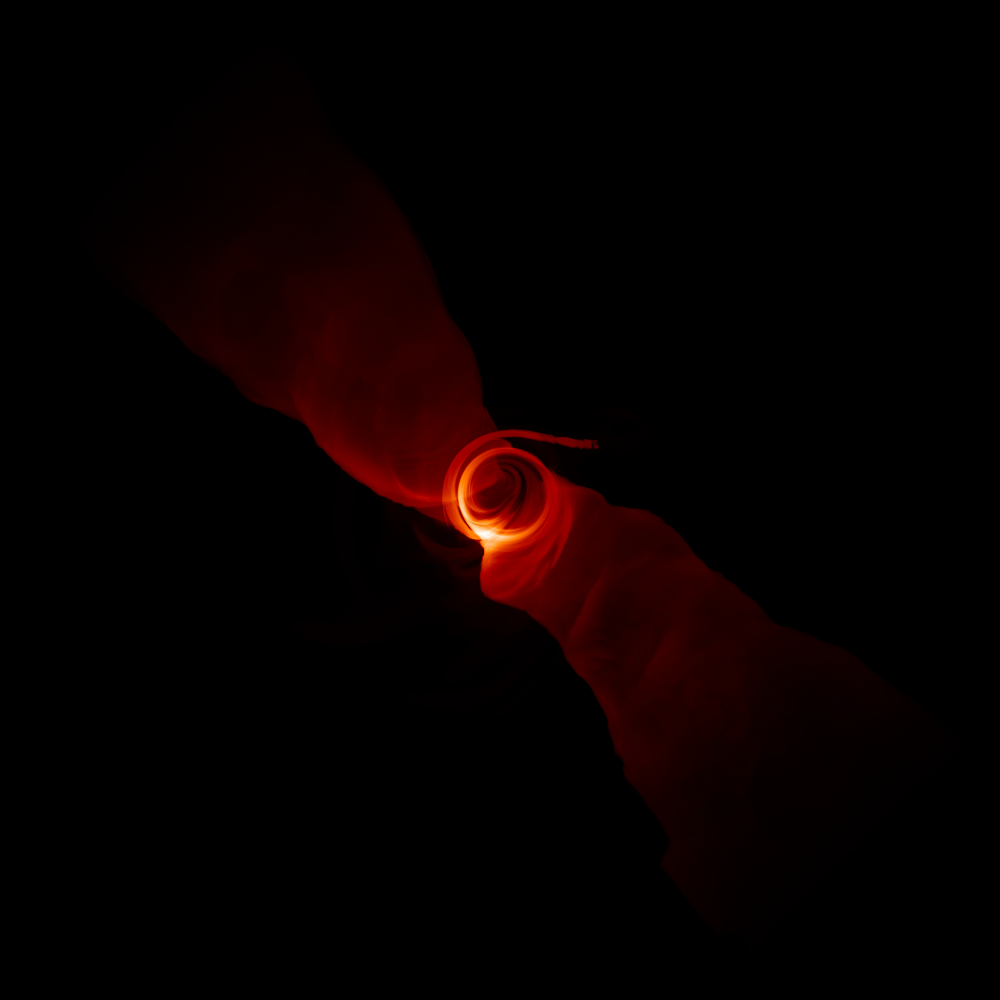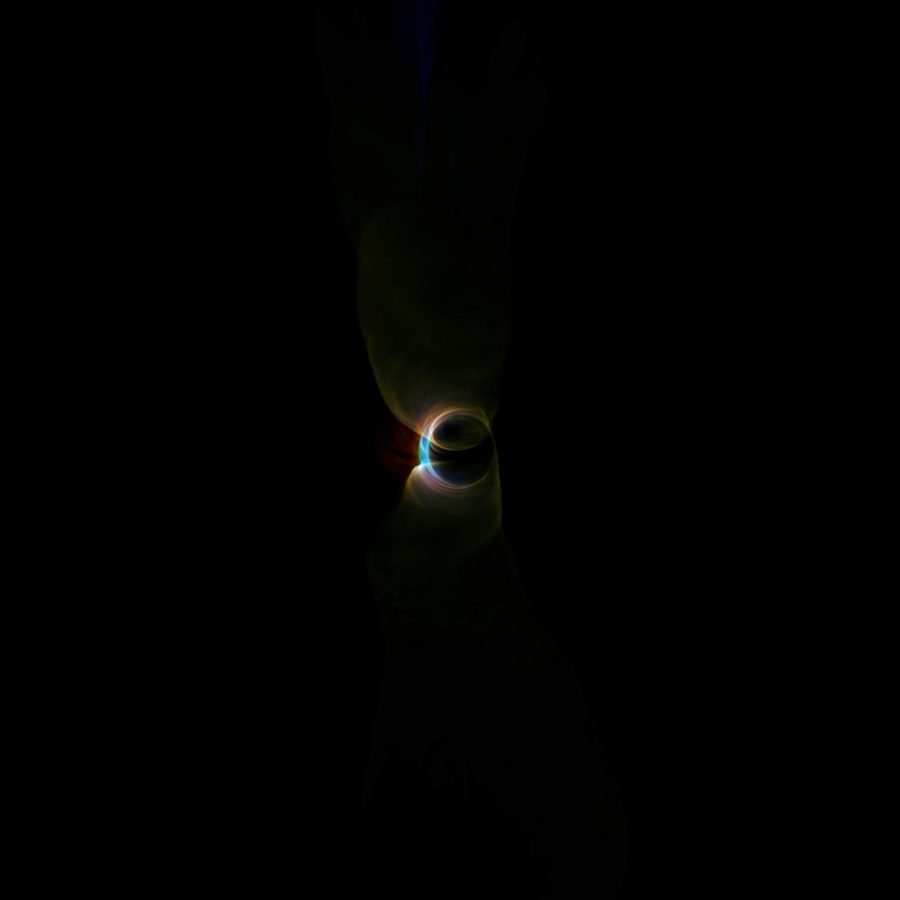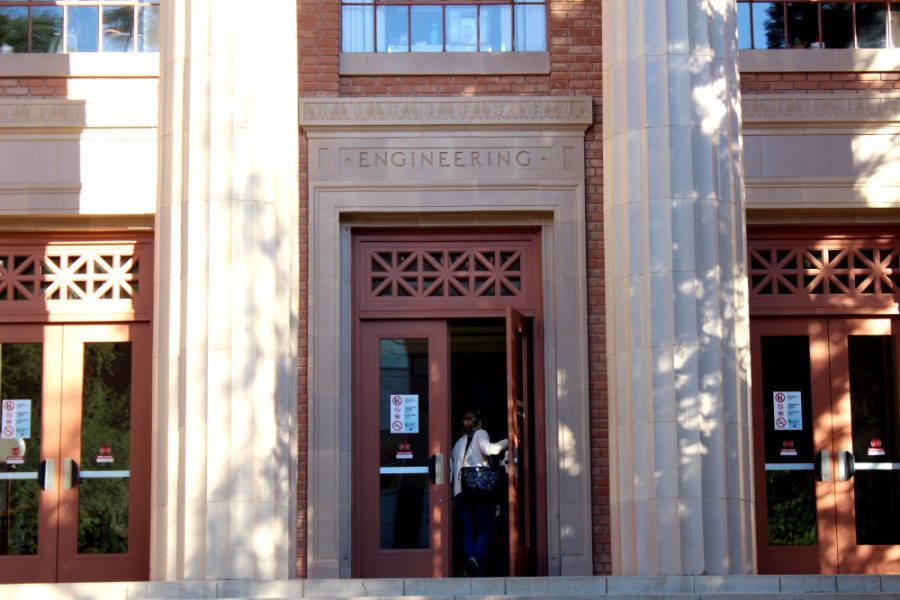Roll out the red carpet and bring your telescopes; 36 University of Arizona researchers, graduate and undergraduate students were a part of a project that won the 2020 Breakthrough Prize, otherwise known as the “Oscars of Science.”
“We have been really happy with the interest and the encouragement that the public showed,” said Feryal Özel, a UA professor of astronomy and physics. “There was overwhelming positive feedback that we got from people around the world and that meant a lot to us.”
Özel was the lead of the modeling and analysis working group for the Event Horizon Telescope project, a collaboration between researchers from all over the globe and consisted of eight telescopes, two of which belonged to the UA. After years of hard work, they were finally able to take the first-ever picture of a black hole.

“It was quite amazing,” Özel said. “I think that we were all hopeful, but we didn’t quite know what the results would be like. When we realized that it worked, it fit into our theoretical models and it looked like a black hole. It was really amazing.”
Daniel Marrone, a UA associate professor of astronomy and one of the four leads who announced the image of the black hole, had been working on the project before it was even named. He never expected that it would eventually lead him to Congress.
“It was certainly fun and I was proud to do it for this big collaboration,” Marrone said. “It’s the sort of thing that I didn’t really expect to happen in my scientific career, you know, go to Washington D.C., end up on a stage and go talk to Congress. That was not a normal thing, but I enjoyed it, and I think the public response to it was pretty successful.”
Aside from getting the opportunity to work with various researchers, the project allowed UA scientists to work hand-in-hand with graduate and undergraduate students. Not only did the students get research opportunities, but their contribution helped with the project’s success.
“I have benefited enormously from having all of these people interested in it and involved in it,” Marrone said. “We never would have finished it without their help. As the project has gone on, the undergraduates have built all sorts of parts of the system.”
RELATED: SPIE becomes new endowed chair for College of Optical Sciences
Chi-kwan Chan, assistant astronomer and the lead of the computations and software working group, said he enjoyed his time working with the scientists and students.
“I enjoyed working with so many scientists around the world and here at the UA,” Chi-kwan said. “We have a very strong team.”
According to Marrone, he knew that something was coming, but he didn’t know what. That ‘something’ would eventually turn out to be the 2020 Breakthrough Prize, awarding its winners with a three-million-dollar prize.
“The Breakthrough Prize is relatively young, but they picked some really important projects in physics,” Marrone said. “It’s really exciting and humbling to be on a list like that.”
Similar to Marrone, Özel was also very happy to learn about the prize. She wants to be able to represent the huge effort the UA put into the project.
RELATED: UA nursing prof. develops child-abuse screening program
While winning the prize was exciting, nothing could compare to the feeling Chi-kwan felt when they were able to take the first picture of a black hole.
“Seeing the black hole for the first time is more rewarding, but they are recognizing our work and I’m very happy about that,” Chi-kwan said.
The 2020 Breakthrough prize pulls out all of the stops, featuring a red carpet and appearances by Hollywood stars who participate in the ceremony.
“When they created this, they wanted to celebrate science and so they have this big gala,” Marrone said. “So, its Oscars-like in that sense. Everyone gets dressed up and walks down the red carpet, they don’t do that for the Nobel Prize.”
The UA researchers and students will be strutting their stuff down the red carpet and accepting the 2020 Breakthrough Prize on Nov. 3.
“This prize is the scientific contribution that comes from our peers,” Özel said. “I think it just speaks to the importance of the step that we all contributed in terms of understanding our universe.”
Follow Jamie on Twitter















